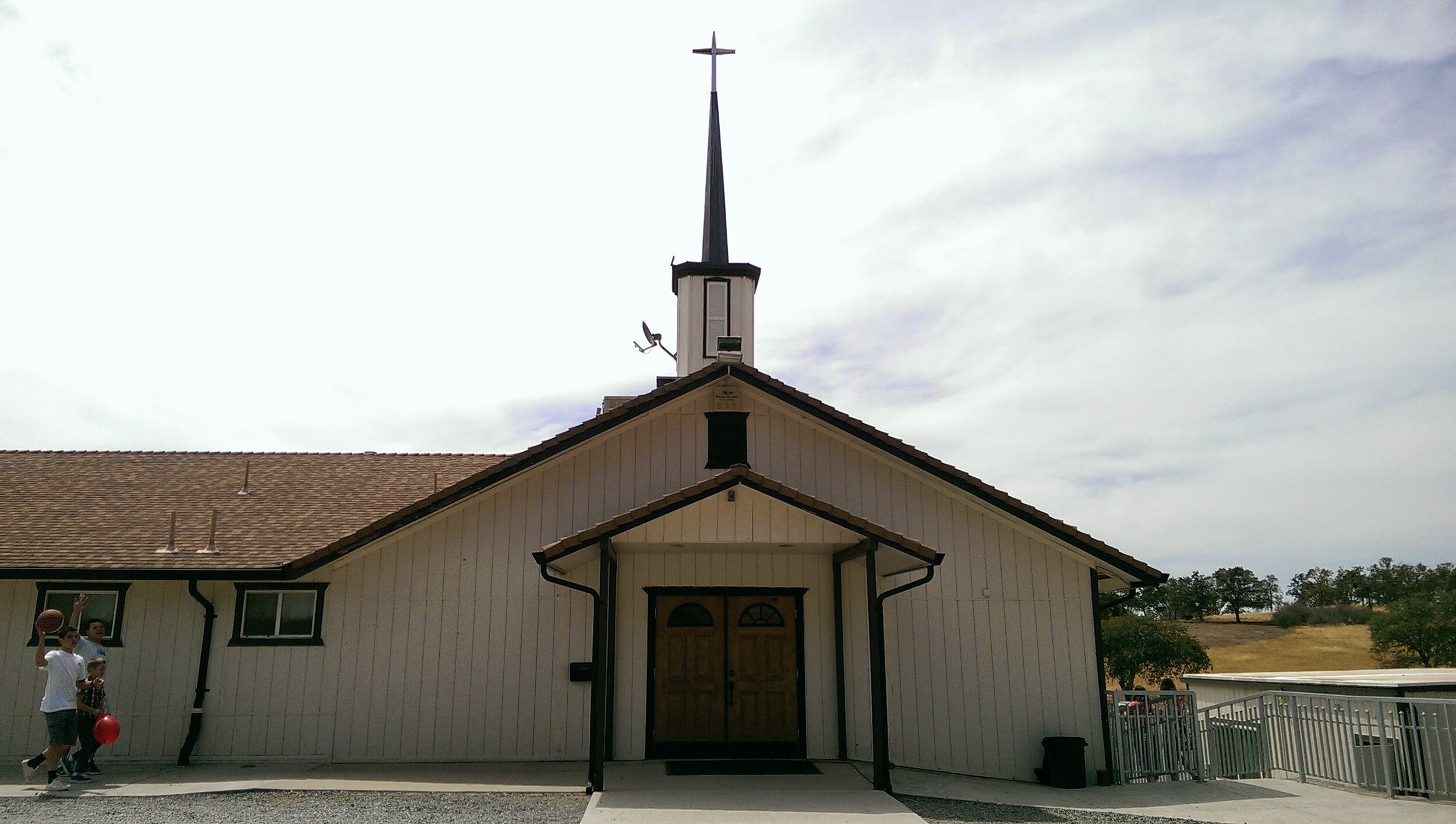God’s Servant for Life. Sustaining Servanthood.“… my servant Moses; he is faithful in all my house” Numbers 12:7 (NIV)“A person should consider us in this way: as servants of Christ …” 1 Corinthians 4:1 (HCSB)Long after the last rains, when all the ponds, streams, and even rivers have dried up, when dust devil swirl across the landscape, and when you can’t imagine anything aquatic living there, the African Lungfish is waiting for the next downpour, maybe right under your feet. In a dried out mud burrow and cocoon that only leaves the mouth exposed it can survive for years in a hibernation known as aestivation (state of suspended animation) – amazing.Obviously you and I are not lungfish, a happy fact I might add. But that doesn’t mean we have no need to learn how to sustain important things. The African Lungfish sustains its life by going underground, slowing every bodily function down to slow crawl, not moving, and living of its tail. I don’t find any of that appealing either, do you? So how do servants of God sustain themselves, make it through droughts in life, survive in unbearable heat, pressures, and circumstances? How do we maintain a servant’s heart, attitude, devotion, and involvement in spite of people? How do we keep from burrowing under the surface, disappearing out of sight, shutting down to the barest minimum, being content with mere survival until the day Jesus returns?We can learn much from Moses, whom God called, “his servant,” when it comes to sustaining ourselves as servants of God. Moses actually tried the lungfish disappearing act for a long time, until God reminded him, that he belonged to him and that he was born, built, and beckoned to serve God’s purposes (Exodus 3-4). After Moses surrendered himself to serve God we find him being a faithful, committed servant down to his last breath. So what sustained him as servant of God?
- Moses was faithful to the word of God.
He spoke what God wanted him to say, he carried out what God told him to do, and he did so (with one recorded exception, Numbers 20:8-13) for 40 straight years. He took every communication from God serious and dared to practice it. God told Joshua, Moses’ successor and the one who observed Moses closer than anyone, “Be strong and very courageous. Be careful to obey all the law my servant Moses gave you; do not turn from it to the right or to the left, that you may be successful wherever you go” Joshua 1:7 (NIV)
- Moses was faithful to the people of God.
He was committed to the community of God (read church in today’s context). Even when people hurt him, complained about him, made life miserable for him, bitterly disappointed him he stayed committed to them. He didn’t check out, leave, or went off to do his own private thing. Even when God offered to completely start over with him he declined, Exodus 32:10. He lived and died with God’s people.
- Moses was faithful to the presence of God.
He sought communion with God. Prayer, worship, sacrifice, singing to God, spending time with God, hearing the voice of God was important to him. He even pitched a tent outside of Israelite camp for the sole purpose to seek the presence of God, and invited anyone to join him there, Exodus 33:7 (too few took him up on the invite)To God be all glory. Love you, Pastor Hans
